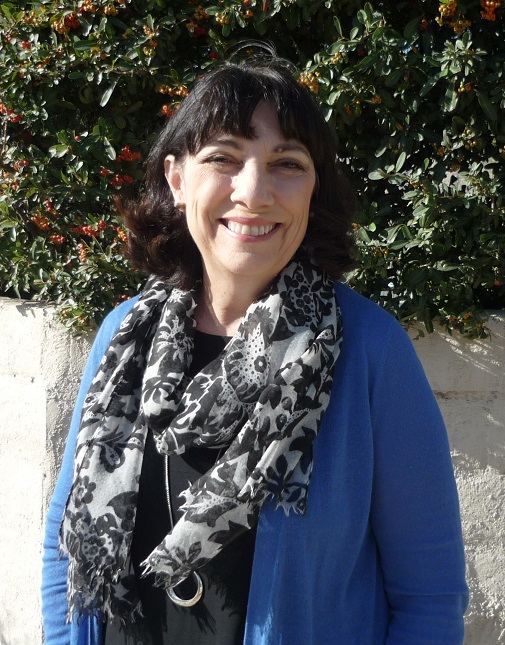
What Annexis said to me has become the North Star for all my work.
Julie A. Evans
CEO, Project Tomorrow
Irvine, CA
It was Spring of 2003 and Project Tomorrow was deep into strategic planning for the future of the organization. We were just wrapping up a large federally-funded project to help build teacher capacity to use technology in five underserved communities around the country.
In writing up our final reports on that project, I wondered if anyone was doing research not just on how teachers were using technology, but on how kids want to use tech for learning in either a self-directed or school environment. I couldn’t find much research on students’ hopes and dreams for technology use so I decided to do the research myself. My first stop was one of the underserved communities part of our teacher capacity project, a one-stoplight town on the Mississippi River called Rosedale. The high school set up a focus group for me with some of their students so that I could ask the students directly about their technology experiences and how the use of technology could be improved at their school. When I asked them if they had internet access at home, they all laughed at me…no technology at home but surprisingly they each had multiple email addresses. Turns out, the kids had constructed their own “asset map,” where they knew who had an aunt who had a computer and would let them use it on Saturdays, or what the class schedule was at Delta State because the librarian would let them use the computers between classes, etc. Despite conventional wisdom about the digital divide, these students were having similar digital learning experiences to students across the nation.
It was in that focus group that I met a young woman, Annexis, who would unknowingly change the course of my career. Annexis asked me (and this still gives me chills every time I repeat it), “Why is it that our teachers don’t understand that when they don’t let us use technology, they’re holding back our future?”
What Annexis said to me has become the North Star for all my work since then. So many times researchers ask a set of questions, like “Do you have a computer at home?” or “Do you have internet access at home?” Kids say no, the researcher walks away, end of story. Not many, especially in education, take the time or respect and value students’ voices, which is a shame because they’re the experts. And if you set up an environment of truth and trust, they will always be completely and sometimes painfully honest. Annexis showed me how critical a student’s point-of-view is, and this became the genesis of Speak Up. My purpose in life, and I hope Project Tomorrow’s legacy, is to make sure that students have voices.
I think about Annexis all the time, and I’m still connected to her on LinkedIn. By the way, she works for AT&T now.
Dr. Julie A. Evans is the CEO of Project Tomorrow, an education nonprofit that produces the annual Speak Up Research Project, which collects and reports on the views of 500,000 K–12 students, parents, and educators on education issues each year.

